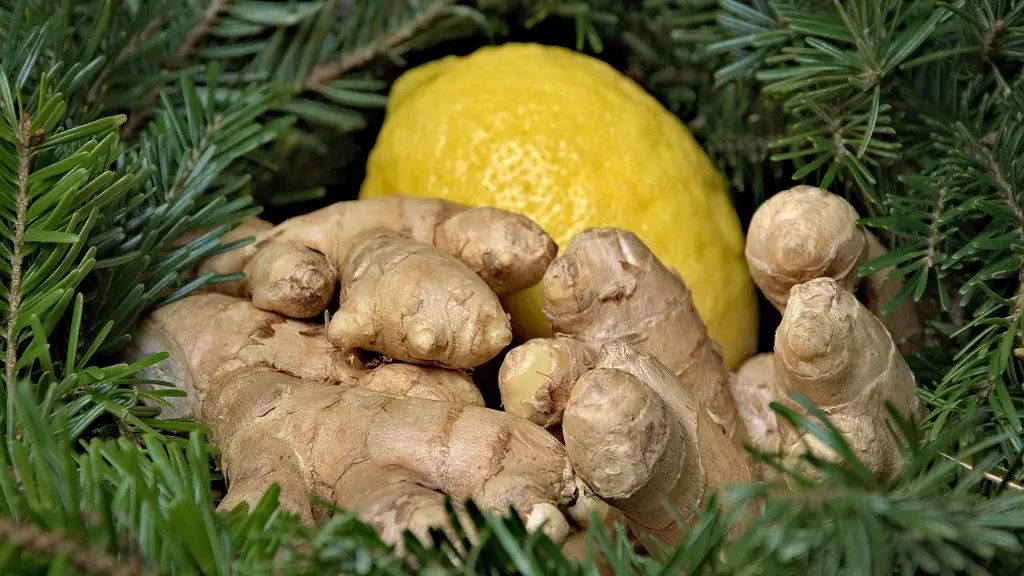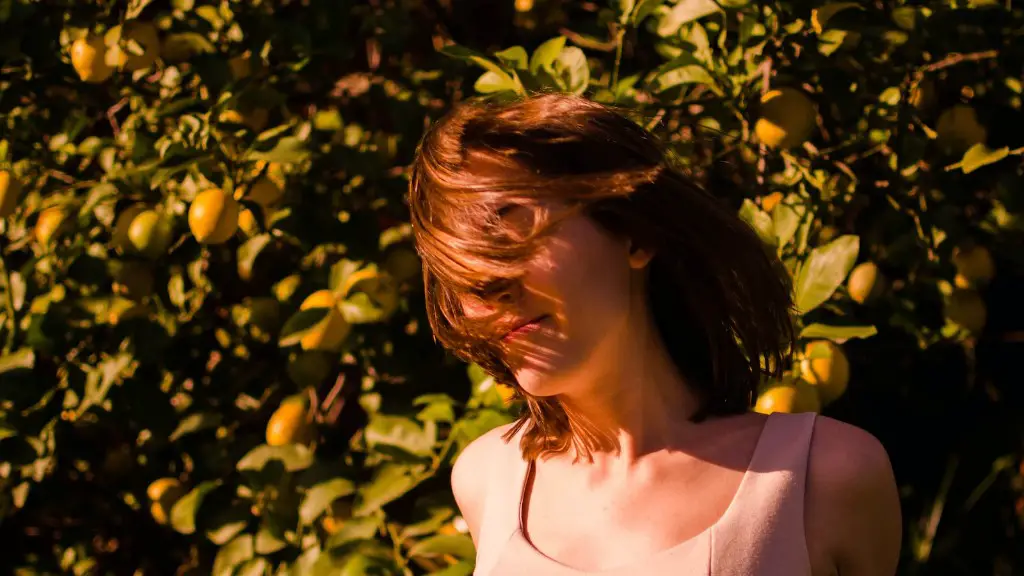When growing a potted meyer lemon tree, fertilization is an essential part of caring for it properly. Knowing when and how often to fertilize your tree is key to helping it grow strong and healthy. Now, let’s go over the basic timeline of when and how to fertilize your meyer lemon tree in a pot.
Initially, you should wait at least two months after first planting your meyer lemon tree before applying any fertilizer. This will give the tree time to establish its roots and adapt to its new environment. After two months have passed, you can then begin to fertilize every other month.
When it comes to fertilizer, look for a balanced fertilizer that contains a blend of nitrogen, phosphorus, and potassium, or NPK. Nitrogen is essential for healthy leaf and leaf stalk growth. Phosphorus promotes strong root systems and the production of fruit, while potassium helps the tree absorb other nutrients. Make sure to buy fertilizer specific for citrus trees.
Apply the fertilizer in the spring when the tree begins to flower, and then again when the first fruit appears. Doing this will encourage fruit production and can help the tree get off to a good start. During spring and summer, continue to fertilize every other month. You may have to increase or decrease the amount of fertilizer based on the size of your tree and how much fruit it produces.
In the fall, reduce how often you fertilize your potted meyer lemon tree to every four to six weeks. This will help promote overall health and prevent root burn. During the winter, stop fertilizing and let the tree rest. This will help it remain strong and able to withstand the colder temperatures.
Finally, if you ever notice your meyer lemon tree’s leaves turning yellow or wilting, it means you may need to fertilize more often. Keep an eye out for other signs of nutrient deficiency, such as brown spots on the leaves, and consider adding a fertilizer with additional micronutrients.
Tips for Fertilizing a Potted Meyer Lemon Tree
When it comes to fertilizing your potted meyer lemon tree, there are a few tips that can help you maximize results. First, always make sure to water the tree before applying fertilizer. This will help the fertilizer absorb more quickly and easily into the soil. It is also important to avoid over-fertilizing, as this can cause the tree to become unbalanced, leading to nutrient deficiencies and leaf drop.
Second, fertilization should be based on the size and age of the tree. If your tree is newly planted, it will not require as much fertilizer as a larger, more mature tree. Similarly, a smaller tree may need less fertilizer than a larger one. Be sure to adjust your fertilization as the tree grows.
Finally, use slow-release fertilizers instead of liquid ones. Slow-release fertilizers are easier on the tree and last longer, so you don’t have to reapply as often. Plus, they contain all the nutrients the tree needs and provide a balanced diet.
Fertilizers for Shadowy Conditions
If your meyer lemon tree is planted in a shaded area, such as in a part of your garden or yard that does not get direct sunlight, you may need to adjust your fertilizer accordingly. Fertilizers specifically formulated for shady conditions are a great choice and will help support the tree’s growth. These formulas are generally lower in nitrogen than standard formulas, as shaded areas require less nitrogen than sunny ones.
That being said, many fertilizers for citrus trees contain micronutrients that will help support the tree’s growth even in shady areas. If you’re unsure which kind to use, it is best to consult with a local gardening center or professional for help.
When to Stop Fertilizing
When the winter months arrive, it is time to stop fertilizing your potted meyer lemon tree. Fertilizing during colder months may cause the tree to start budding prematurely, leaving it vulnerable to cold weather damage. Once winter is over and temperatures start to warm up, you can resume fertilization. Additionally, if you notice your meyer lemon tree is struggling, you can add a/balanced fertilizer to help support growth.
Pruning to Promote Health
Pruning is another important part of caring for your meyer lemon tree in a pot. Pruning helps to encourage healthy growth and improve the tree’s overall quality and appearance. Depending on the size and shape of the tree, you may need to prune the branches and stems back to promote new growth. Additionally, pruning helps control the shape and size of the tree, and can help prevent disease and pest infestations.
Foliar Feeding for Instant Nutrition
Foliar feeding is another way to give your meyer lemon tree a nutrient boost. Foliar feeding is a method of applying liquid fertilizer directly onto the leaves of the tree.
This can be a great way to give your tree a quick, healthy boost of nutrients, and is especially useful for trees that are struggling for some reason. Plus, the fertilizer will absorb directly into the tree, so the nutrients can begin to take effect almost immediately.
Fertilizing with Compost Tea
If you are looking for an organic way to fertilize your meyer lemon tree, consider using compost tea. This is made by steeping compost in a bucket of water and letting it infuse with the water’s nutrients. This creates a liquid fertilizer that can be applied directly onto the tree’s soil and roots. Compost tea is an excellent choice for organic gardening and provides the tree with all the nutrients it needs.
Feeding Fish Emulsion for Growth
Fish emulsion is another organic liquid fertilizer that is suitable for fertilizing your meyer lemon tree. Fish emulsion is made from fish parts, specifically the heads and bones, and helps to promote growth. This organic fertilizer can be applied directly to the tree’s soil and will provide your tree with a healthy boost of nitrogen and other essential nutrients.



